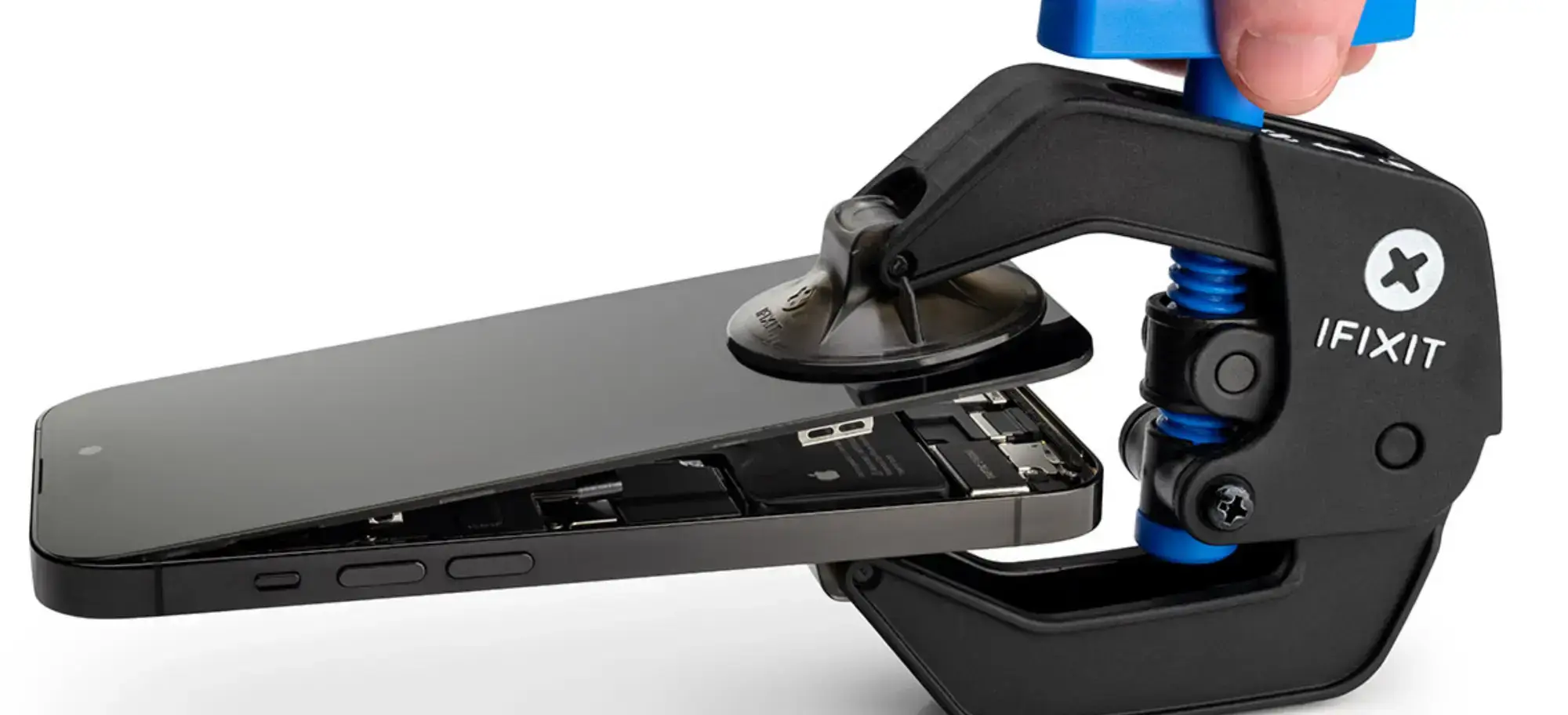Apple now endorses Right to Repair legislation
Apple now endorses Right to Repair legislation

www.404media.co
'We're Winning': Apple Formally Endorses Right to Repair Legislation After Spending Millions Fighting It

I believe this is genuine support of the bill from Apple. Between Right to Repair winning in Massachusetts and the EU demanding compliance, I think Apple decided to flip the script. They would want to continue the illusion of customer friendly tech.